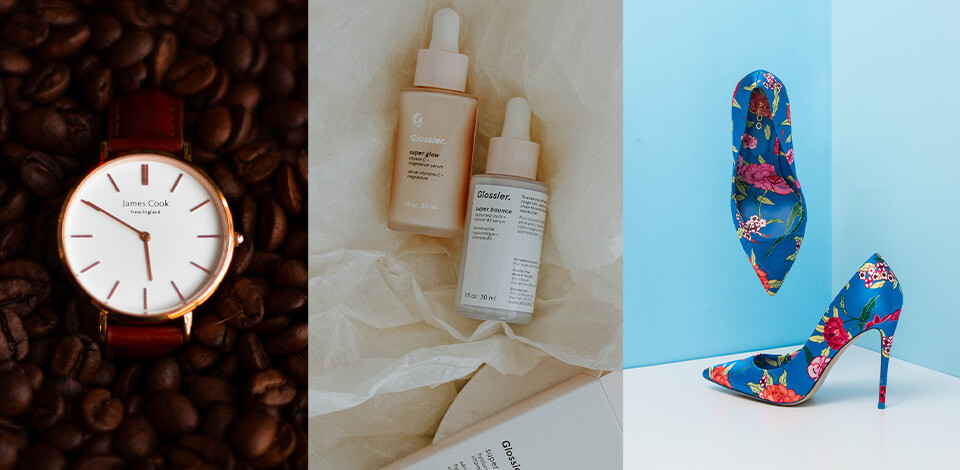
Choosing a proper backdrop can be one of the most important parts of product photography, as you want to find one that will complement your products without distracting from them. To help you make the most of your images, I’ve compiled the list of creative and classical product photography backdrops you can try for your food, shoes, cosmetics, and clothes.
Since product photography backdrops differ in size, materials, and prices, I’ve tried to find suitable options to satisfy all photographers’ needs. Get inspired by the product photography ideas below to create your own irresistible product images.


Vinyl backgrounds for food photography have probably become one of the most popular options for such kind of shooting because they are thick and very reliable. They can be subdivided into 2 groups – marble vinyl backdrop and solid color vinyl photography backdrops.

Besides, if you decide on this type of background, you can choose between a glossy sheen and matte surface with the second one causing no reflections and glares. Most shooters like such backdrops, because you just need a wet rag to clean them, which takes no more than several seconds.

Metal trays can turn out to be wonderful product photography backdrops, especially for dark food photography. The more scratches and stains they have, the more atmospheric and meaningful pictures you can take.

Another advantage of such items is that you can use both sides, as they are typically very different, providing you with unique textures. Mind, that such old trays shouldn’t be reflective.

Since foam boards are available in different colors, you can easily find a suitable option to complement the composition.

You can either place a foam board behind the object or use it as a surface for flat-lay photography. This backdrop is very versatile since it can be combined with many food photography props.
When it comes to Amazon product photography I recommend sticking to the classic approach – shooting against the white background.
Use a seamless white background paper roll or learn how to remove the background of a picture in Photoshop. The benefit of choosing white background is consistency white offers the most versatility as far as making different color and style clothes look appealing.

Another background commonly seen in popular food photography blogs is simple paper. It can be baking paper, old newspapers or colorful wrapping paper. It’s a great idea for those on a budget.

Personally, I take baking paper or paper bag and make it more dimensional and textured by crumpling it. When I use newspapers as a product photography backdrop, I try to find something to match the story I want to tell in a picture.
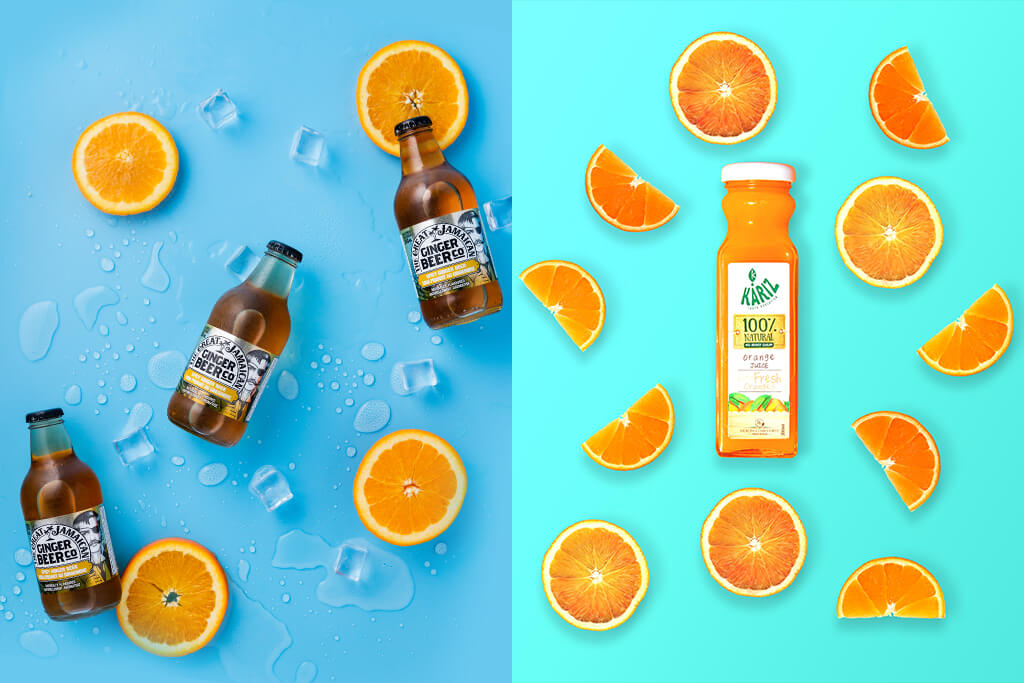
The classic white backdrop is a bit overdone and looks boring at times. Colored backgrounds are an excellent way to grab the customers’ attention. You can either choose the color that complements your product or try monochromatic product photography that revolves around a single hue.

The bokeh technique is very popular when it comes to jewelry photography. It means keeping a part of the frame out of focus to make it blurred, thus drawing attention to the foreground. If you like such an effect and want to use it as a product photo backdrop, you need to have a proper lens for product photography and will need the widest aperture possible for a shallower depth of field. You can combine natural and artificial lighting while taking images.

There are so many cool fabric types (lace, leather, silk, etc.) you can use as a jewelry background. They are great at adding depth to images and conveying the mood of the product. For example, if the target audience of the product is ladies, using delicately folded silk or lace will help highlight the jewelry in the best way, while leather is more suited for the male customers.

Black sand is a stylish backdrop for ring photography that helps add texture to images. It is perfect if you need to take images of light jewel items since there will appear a magnificent contrast between these 2 colors in a shot.
In the photo above, a shooter created a circular pattern and placed a ring in the center. You can try any other patterns, depending on your creative vision.
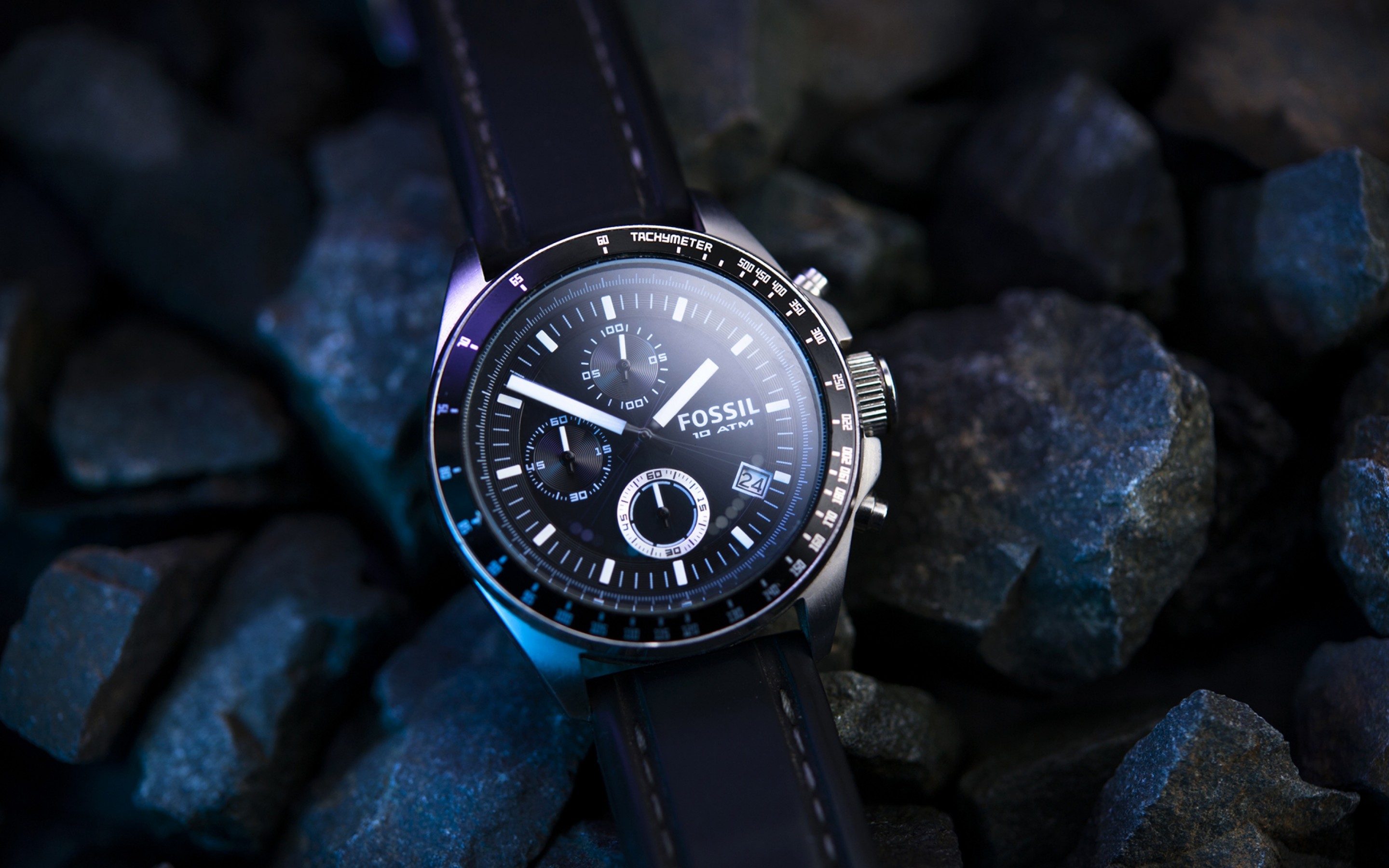
Using stones as a backdrop, you can create a conceptual photo, drawing a parallel between a high quality of watches and the durability of stones. Besides, such jewelry photography props are very budget-friendly, as you can find suitable stones, just walking along the road. By arranging stones in various manners, you can play a bit with the scene.

To make such a beautiful product backdrop, you need wrapping paper or aluminum foil. Crumple it to get a feeling of dimension and attach it to the background. Your object should be placed at a distance of 6 feet from it.

As for camera settings for product photography you need to use, it’s really important to set the wide aperture.
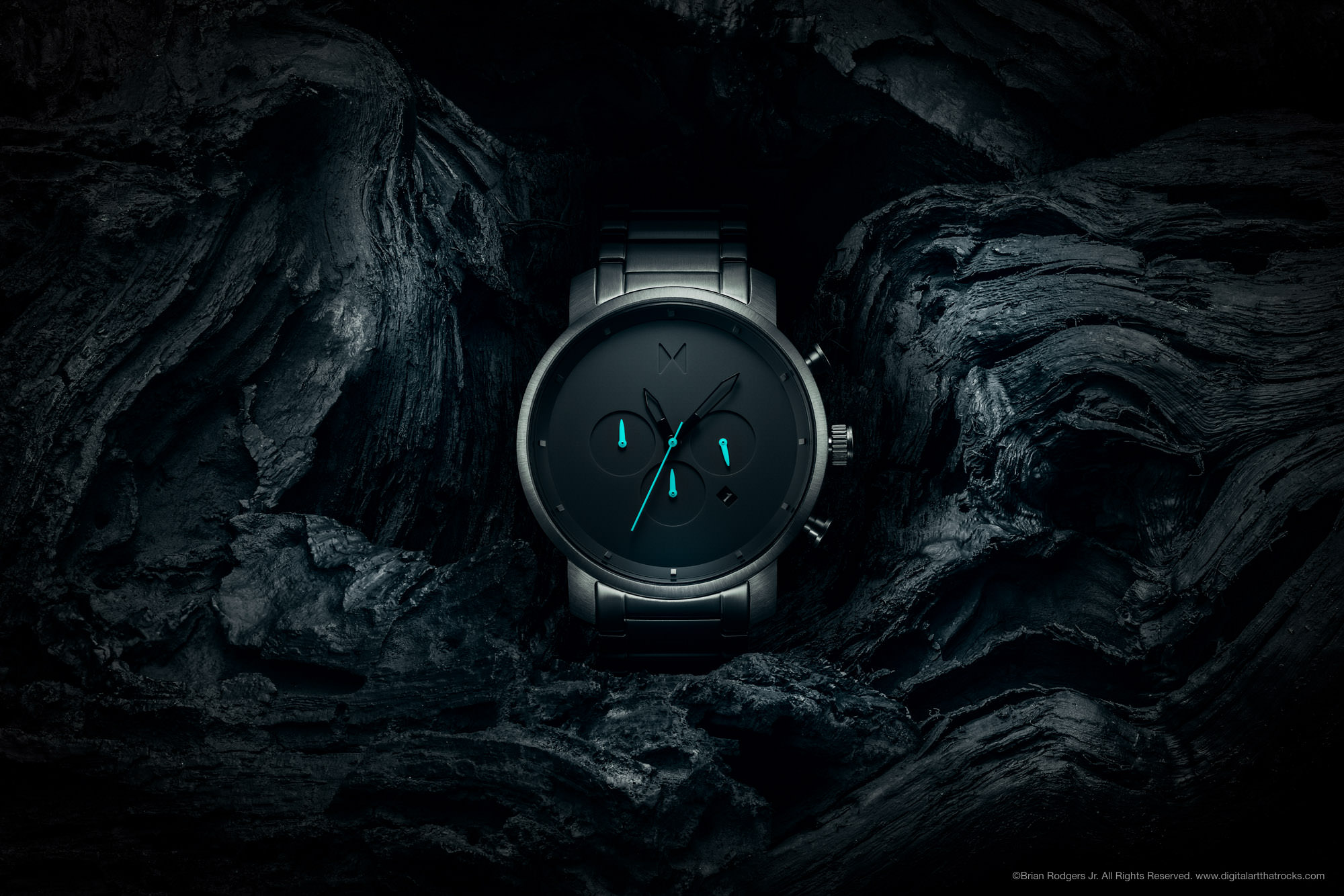
A woods backdrop is available in different forms – doors, furniture, walls, floor, etc. Shooting against such a background helps the entire picture acquire a homey mood while painting the wood in black can help convey the atmosphere of luxury, and mystery.

Paper sweeps can help add interest to otherwise plain images of jewelry. This product backdrop is perfect for capturing dangle earrings. If you have a hard time trying to achieve a proper look with such a background, you can always address a professional clipping path service and ask experts to fine-tune the composition digitally.

If you frequently photograph various cosmetic and beauty products, I recommend accentuating their organic nature of a product by using greenery as a backdrop. You can make the composition livelier if you add several colorful flowers to it.

Since it can get expensive to buy new greenery and flowers each time you have a shoot, you can just get a selection of fake greenery and reuse it for shoots.

Rugs are believed to be the best photography backdrops since you can find suitable ones in your own house and they are easy to arrange in the frame. Using fluffy rugs, you can get a very interesting texture in a picture.
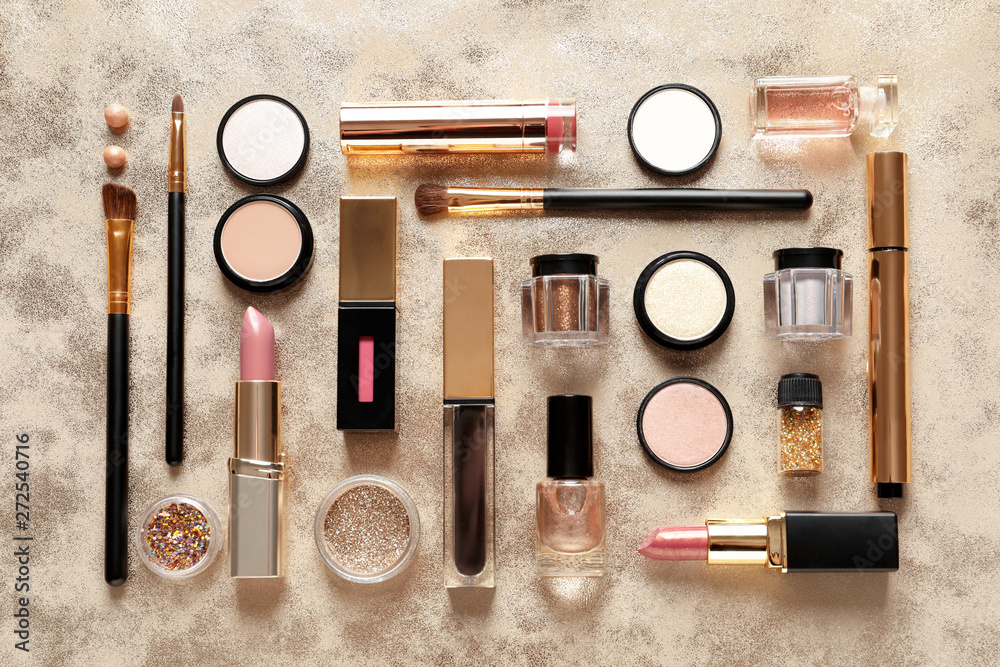
If you want to get more creative results, opt for patterned and colorful rugs, while white ones add to a clean and balanced look of your shots.

Tile backdrops are excellent for tabletop photography, and they are available in different colors, shapes, sizes, and textures, so you can find something suitable to match your product.
If you like elegant classics, black tiles will be an ideal option, while white tiles make the scene harmonious, especially if you shoot products of bright color. Moreover, natural tiles add to the earthy mood of a picture and slate tiles come in handy if you want to create an avant-garde composition.
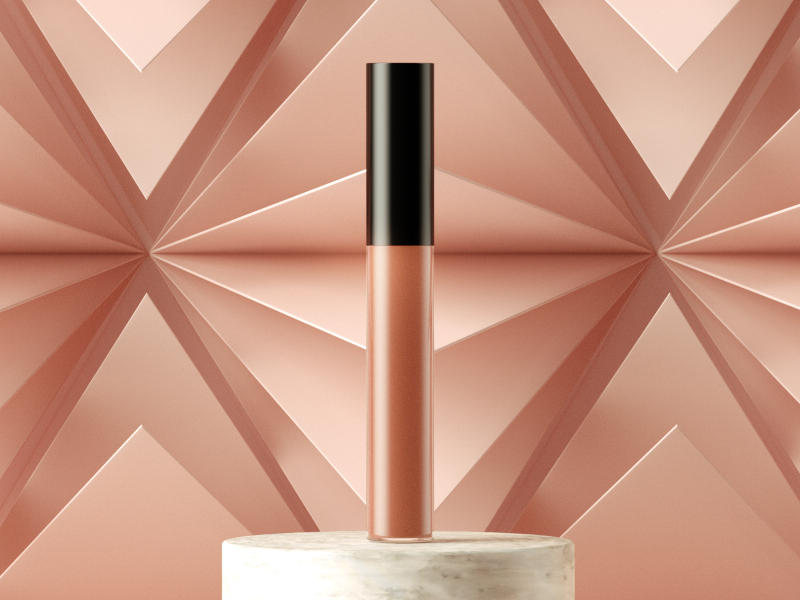
Every product photography tutorial will tell you, that you need to use dynamic and visually interesting backgrounds. Using product photography backdrops with geometric patterns is a perfect way to do it. Make sure to use colors that complement the product.


Powder imprints are a perfect fit for makeup product photography. Powder helps add texture, and the imprints enhance the depth of the image. Make the photo stand out more, by using the powder of a contrasting color to the product.

Gradients go hand in hand with reflection photography and help to tastefully refine your product images. Still, shooters often face difficulties trying to get an ideal gradient. Of course, you can adjust the lighting to get this effect, but to make your shooting stress-free I recommend learning how to make a gradient in Photoshop.
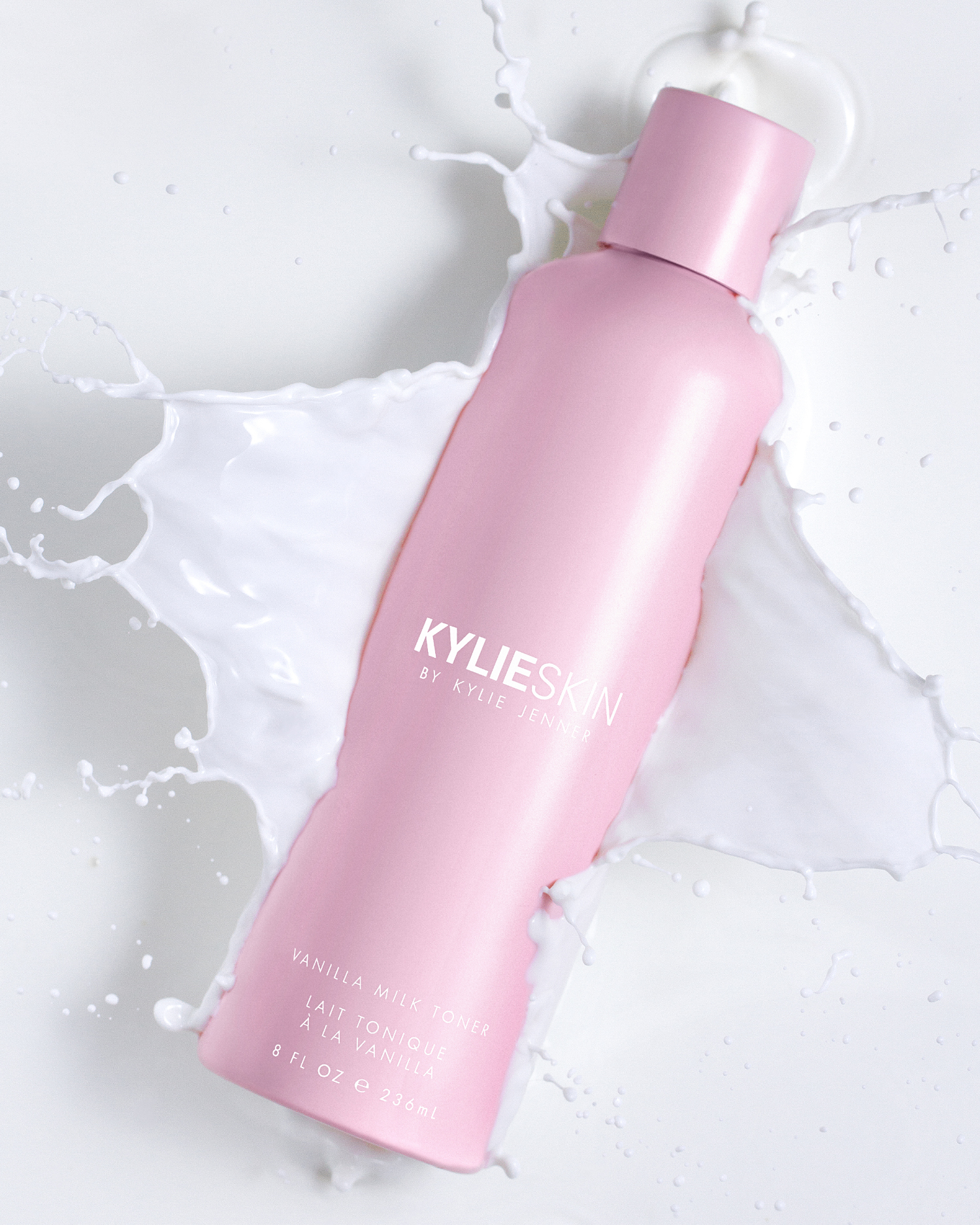
Using liquid to create splashes is another tried and tested idea for product photography backdrops. Freeze the motion why dropping the product in liquid, like milk or water.

Remember, that to realize high speed photography you need to set fast shutter speed, so use 1/400+ to get a sharp photo. This idea may take you several attempts, but the final result is worth the trouble.

Broken elements can add a layer of symbolism to the photograph. They can represent the challenges, transformations, or imperfections that the product may address or embody. The backdrop becomes more than just a setting; it tells a story that resonates with the audience. Positioning your product surrounded by broken elements can help emphasize its durability, or convey the mood. You can position it among broken glass, stones or ceramic pieces. Try not to use this idea with elegant and exquisite products.
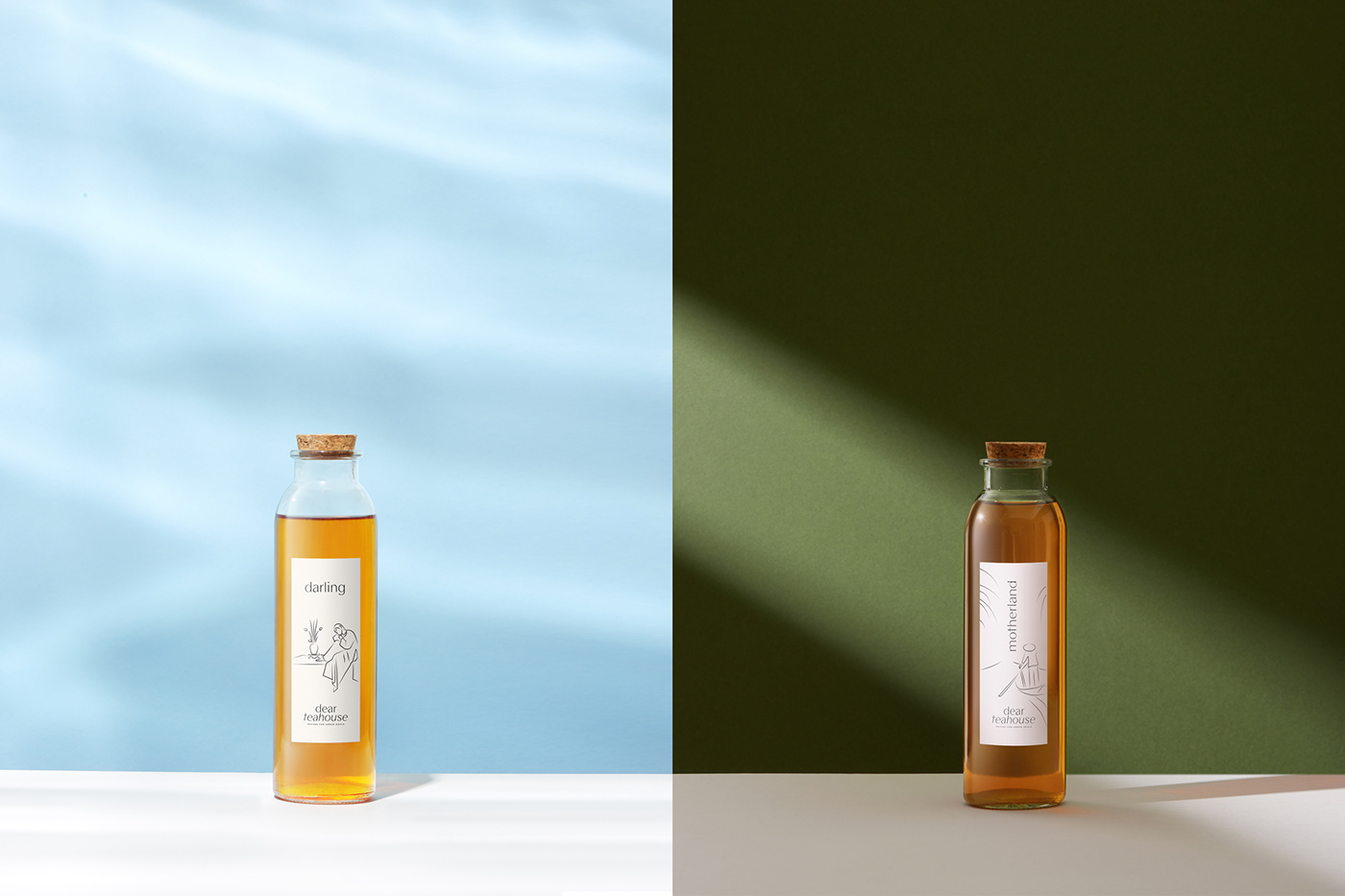
Manipulate the lighting to create interesting shadows in the background.
Shadow photography is best achieved when you have a professional studio lighting kit, but you can also try to realize some creative ideas with natural light. Remember to boost the shadow areas while editing the photos, so that your product is sharp and clear.

Put the product on top of a cellophane wrap or in a vacuum-sealed bag to realize this unique product photography backdrop. Mind, that cellophane can cause glare and visible flash reflection. I recommend using a circular polarizer to eliminate that issue.


Prism photography can help you add creative rainbow effects, reflections to your cosmetics shots. Simply place the prism close to the lens in the area of the frame where you want the effect to appear.


Use smoke to imitate clouds to add an ethereal look to your shots. The cloud backdrop helps enhance the atmosphere of luxury.

Matte glass not only creates an attractive background but can also help you play around with the concept of silhouette photography in product photos.
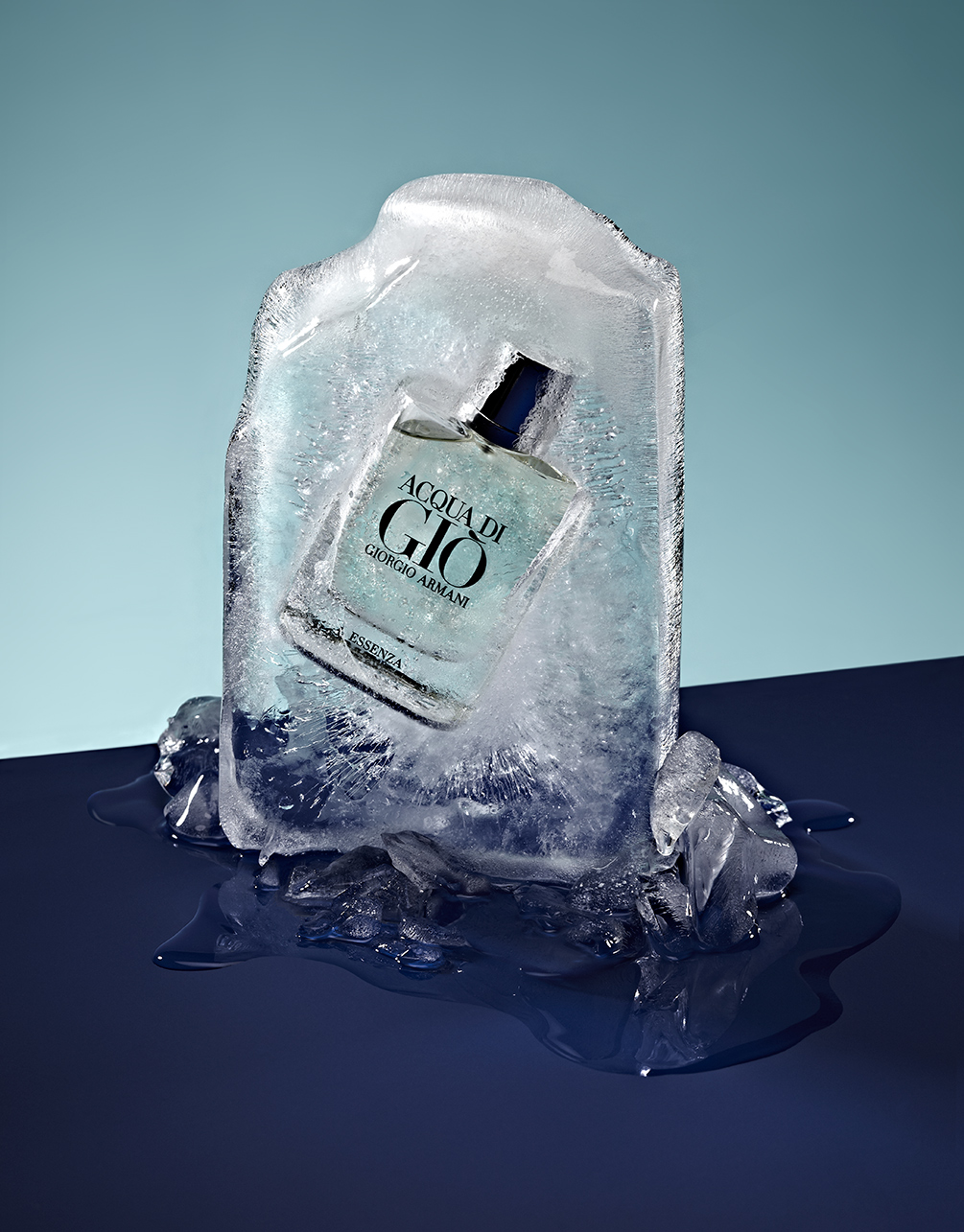
Another unique idea for product photography backdrops is to freeze an object in ice and position broken ice blocks as the backdrop. Cosmetics packaging is durable enough to withstand the freezing process. This will work great to accentuate the fresh smell of a fragrance.


Try to shoot your products in contextual backgrounds. Almost 40% of people, who regularly buy things online, are more likely to choose the product that is depicted in use. This is an unspoken rule for clothing photography, as people need to see how the clothes fit, before buying them.
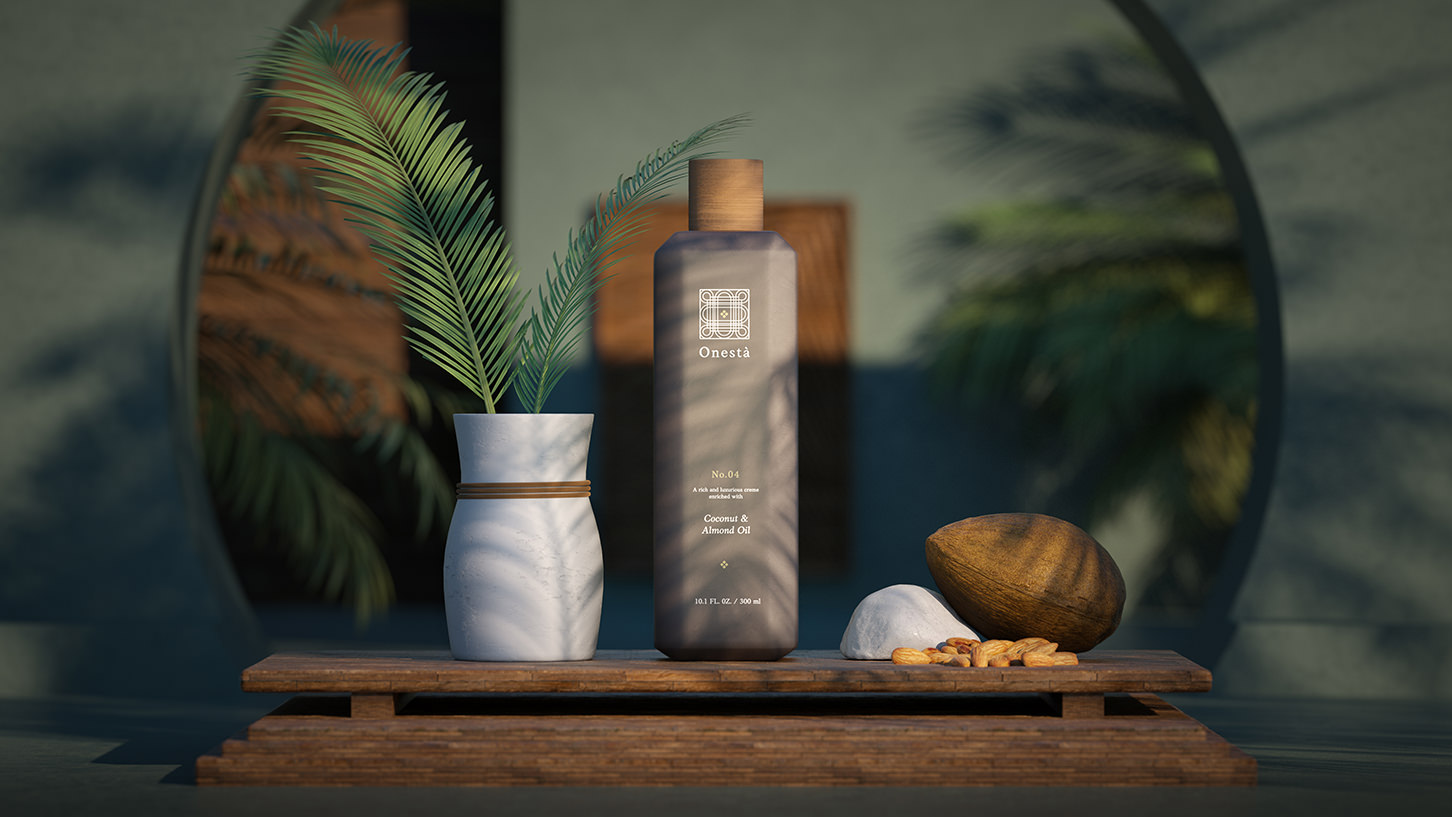
Lifestyle product photography and photographing products against contextual backgrounds help the potential customer visualize a product as their own; it makes the product far more desirable.
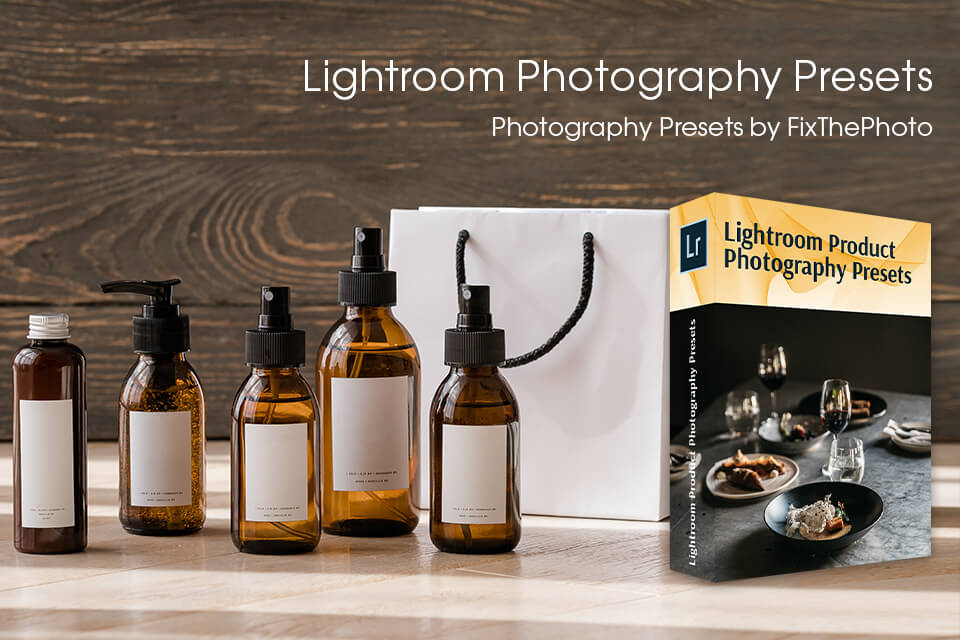
To make your product shots stunning with main areas professionally highlighted, and common issues fixed, you can use these Lr presets. They will help you considerably speed up your workflow and make the look in your photos consistent.